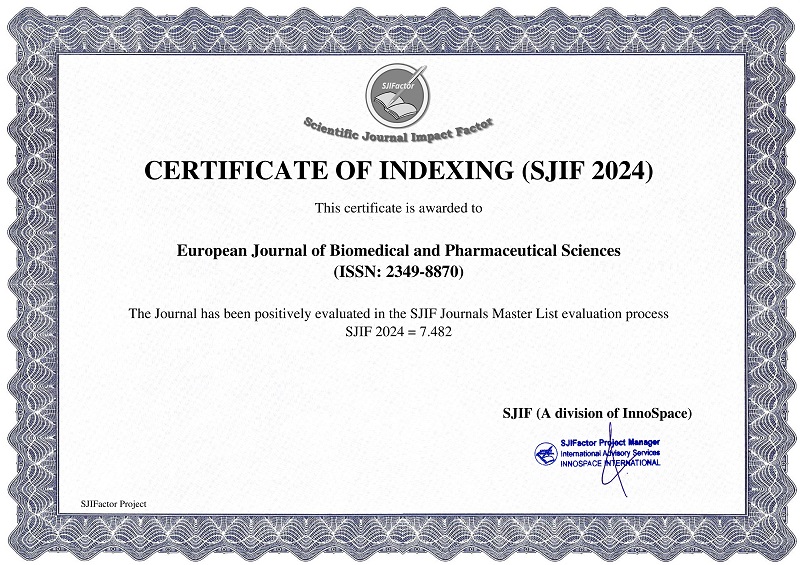ASSESSMENT OF PRESCRIBING PATTERNS AND DOSE ADJUSTMENTS IN PATIENTS WITH KIDNEY DISEASE
Dr. Beulah Milton*, Mohammad Fathollahi and Ava Pourghannad
ABSTRACT
Introduction: Chronic kidney disease (CKD), characterized by progressive decline in glomerular filtration rate (GFR), is a major public health issue worldwide. There is a lack of adequate data of quality of life in Indian population on the impact of therapeutic management of CKD patients. Earlier studied of health-related quality of life (HRQOL) in patients with CKD have focused on the end stage renal disease (ESRD) population. Objectives: To assess the prescribing pattern and dose adjustment of drugs in patients with kidney disease in a tertiary care hospital. To determine the rate of drugs requiring dosage adjustment in patients with renal failure disease according to available guidelines. Methodology: This observational study was carried out In-patient Department. It is hospital based retrospective and prospective observational study. The sample size of the study is 100 patients admitted in Sapthagiri Institute. Results: Out of 100 patient 45 (45%) patients was undergoing hemodialysis and 55 (55%) patients were non-dialysis patients. In the stage wise category of CKD, majority of patients 59 (59%) belonged to stage 5 CKD. In co-morbid condition of patient’s, it was observed that hypertension 79 (42.02%). The tendency of polypharmacy with maximum number of prescriptions was having 7 (22%). Conclusion: In this study most of the patients were in stage V CKD and were not undergoing haemodialysis. This study reveals that most of the drugs were dosed appropriately. Drug-related problems can result in an increase in morbidity and mortality.
Keywords: Chronic Kidney disease, CKD, glomerular filtration rate (GFR), kidney disease.
[Full Text Article]
[Download Certificate]


 Impact Factor : 8.181
Impact Factor : 8.181 






